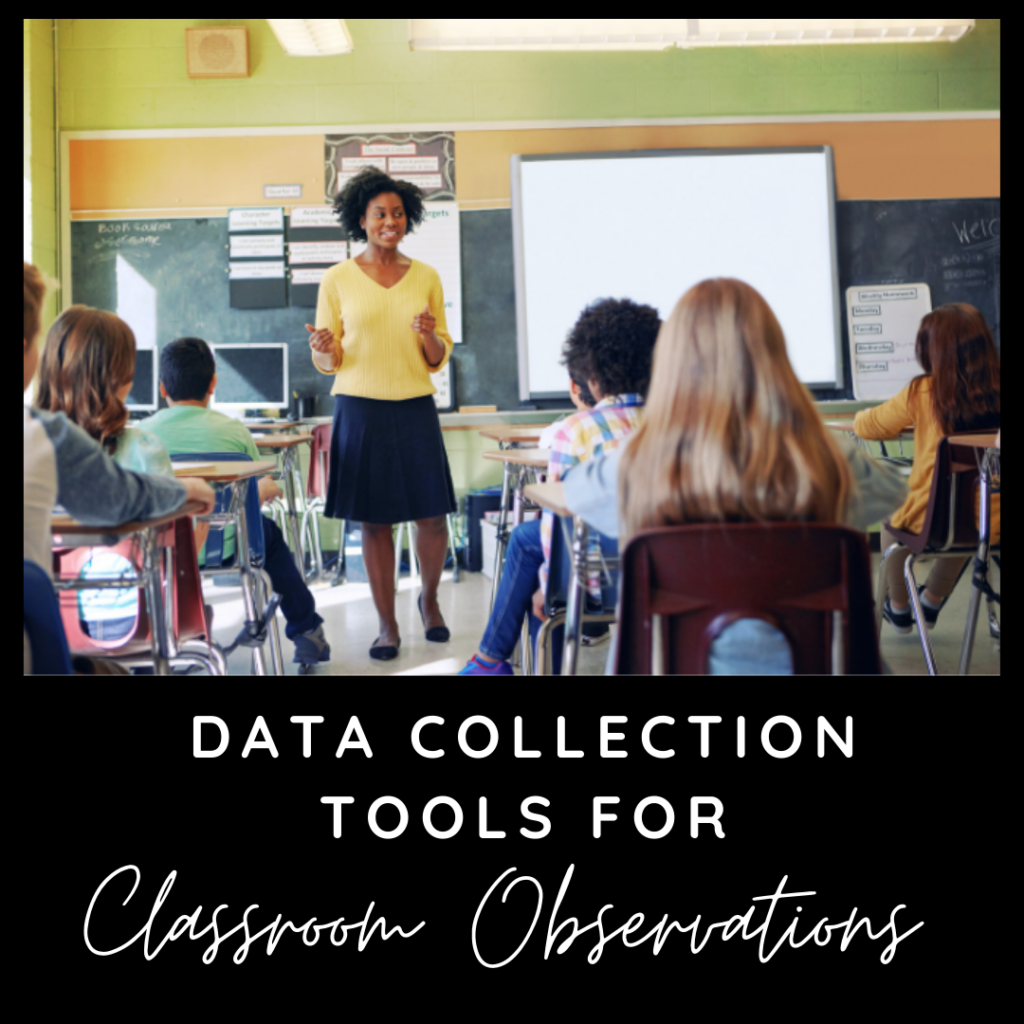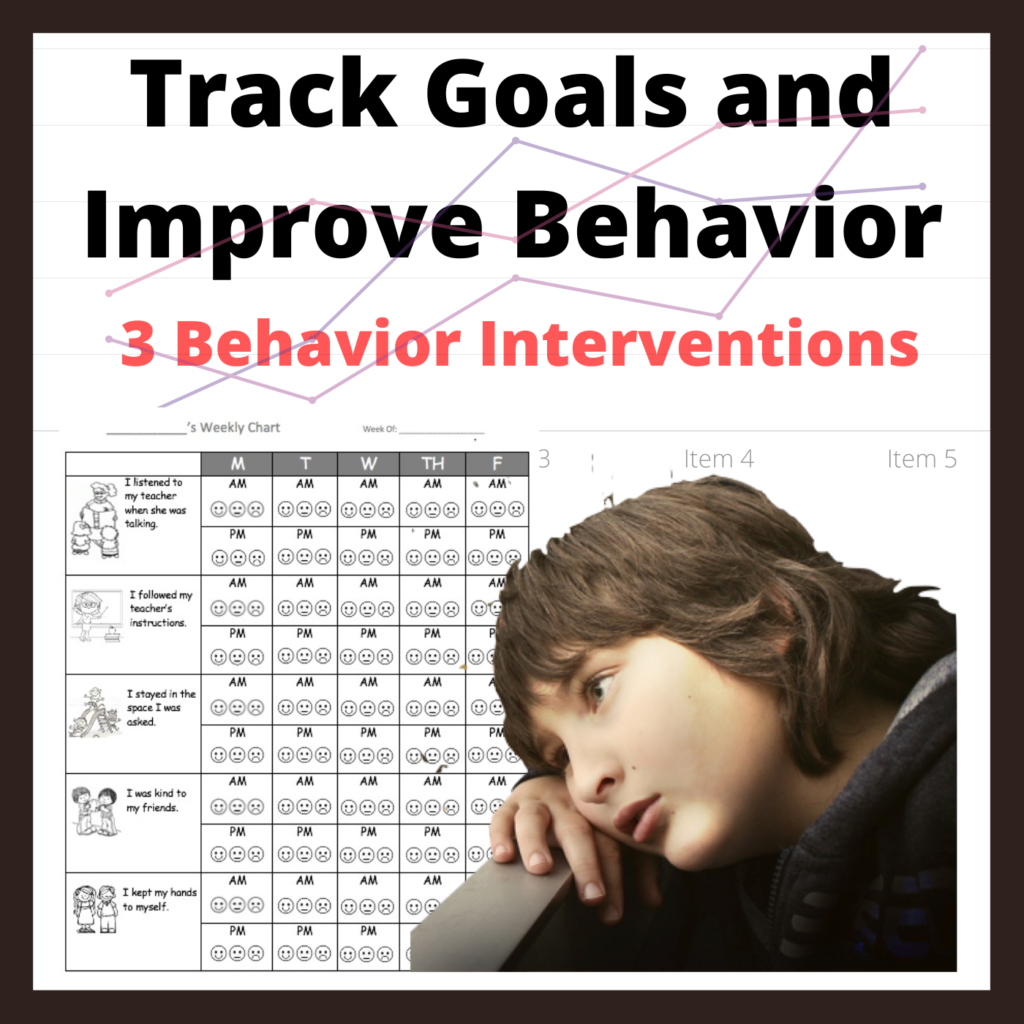Choosing the appropriate coaching approach depends on various factors, including the coachee’s needs, the coaching context, the coach’s style and expertise, and the specific goals and objectives of the coaching. Jim Knight’s book The Impact Cycle identifies three different approaches to coaching: facilitative, dialogical and direct. Coaches often adapt their approach, and they may incorporate elements of each of these approaches to coaching as needed to support the coachee’s growth and development.
Facilitative Coaching:
Key Principles: Facilitative coaching focuses on guiding individuals to discover their own insights and solutions. The coach acts as a facilitator of the coachee’s thinking process rather than providing advice or solutions.
Process: The coach employs active listening, open-ended questioning, and reflection to help the coachee explore their goals, challenges, and opportunities for growth. The coachee is encouraged to self-assess, reflect on their experiences, and generate their solutions.
Benefits: Facilitative coaching can promote self-awareness, critical thinking, and problem-solving skills in the coachee. It can lead to more sustainable and self-directed changes because individuals are more invested in solutions they discover themselves.
Applications: Facilitative coaching can be applied in various contexts, including leadership development, personal growth, and career coaching. It is particularly useful when individuals seek to gain clarity or navigate complex situations.
Direct Coaching:
Key Principles: Direct coaching, also known as solution-focused coaching or directive coaching, takes a more structured and goal-oriented approach. It is characterized by the coach offering guidance, advice, and specific recommendations to the coachee.
Process: The coach provides clear direction, sets specific goals, and offers concrete strategies and solutions. The focus is on achieving specific outcomes efficiently. Coachees are often expected to follow the coach’s guidance closely.
Benefits: Direct coaching can be effective for individuals who have clear goals and want to make rapid progress. It provides a sense of clarity and a structured path to achieving desired outcomes.
Applications: Direct coaching is commonly used in areas like career coaching, executive coaching, and skills development. It can be beneficial when the coachee is looking for specific solutions or needs to address immediate challenges.
Dialogical Coaching:
Key Principles: Dialogical coaching places a strong emphasis on the power of dialogue and conversation in the coaching process. It views coaching as a co-constructed conversation between the coach and coachee.
Process: The coach engages in open, exploratory dialogue with the coachee. The focus is on building a collaborative relationship in which both parties contribute to the conversation. The coachee’s perspectives, values, and beliefs are central to the dialogue.
Benefits: Dialogical coaching can lead to deeper self-awareness, improved communication skills, and a better understanding of one’s values and beliefs. It encourages individuals to challenge assumptions and explore different perspectives.
Applications: Dialogical coaching is well-suited for individuals who want to explore their inner world, values, and the meaning they attach to their experiences. It can be valuable in areas like leadership, personal development, and navigating transitions.
Facilitative and dialogical coaching are coaching approaches that emphasize open, collaborative, and reflective conversations between the coach and the coachee (the person receiving coaching). These coaching styles are rooted in the belief that individuals have the capacity to find their own solutions, and the coach’s role is to facilitate this process through dialogue and inquiry.
All three of these coaching approaches can be helpful in different situations. However, the dialogical approach is often recommended to achieve a truly equal partnership between the coach and the mentee.
Other Posts You Might Like:



